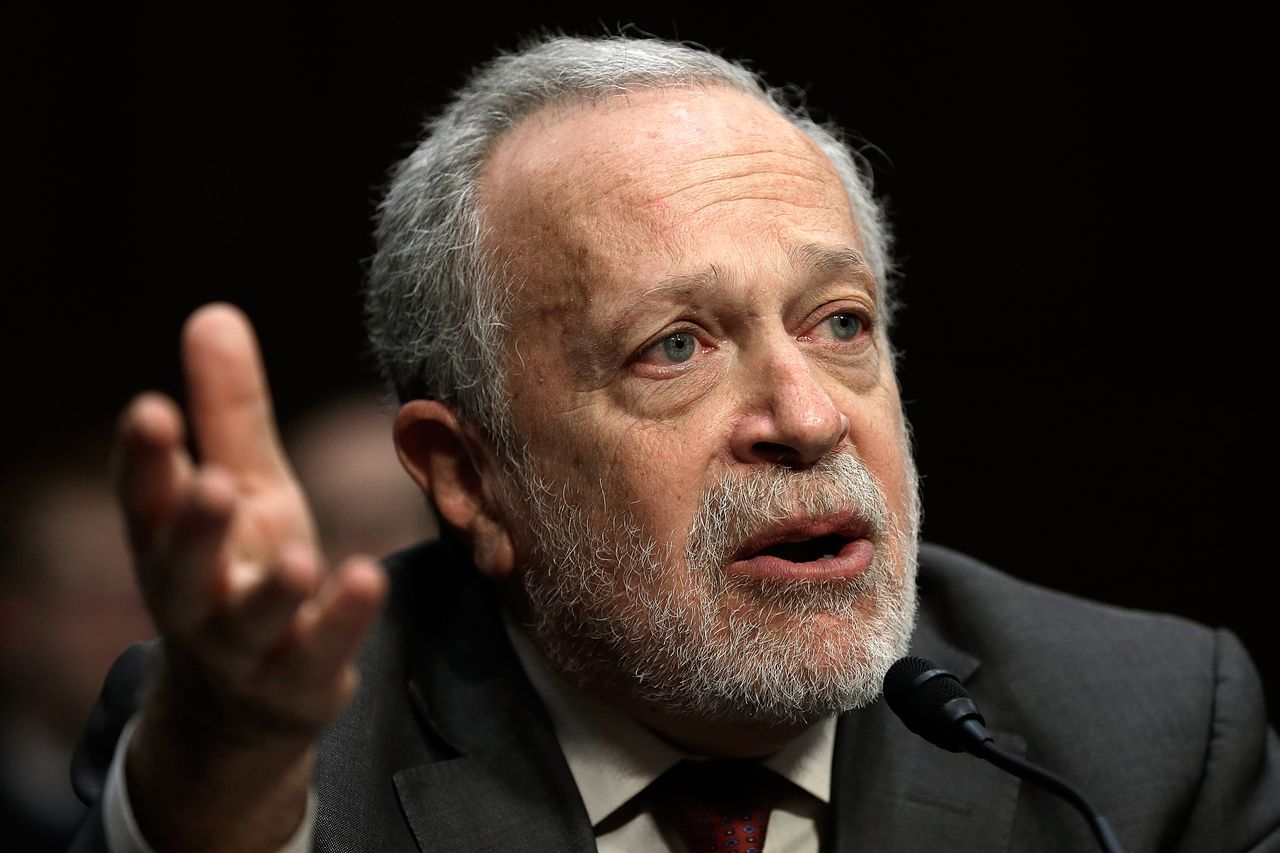 |
| Ezra Klein, founder of Vox.com & now podcaster |
 |
| Robert Reich: progressive, Sanders supporter, Clinton knower |
Die-hard anti-Clinton folks or HRC conspiracy types will be disappointed. He shares not anti-Clinton animus.Instead, he believes that Sanders represents a movement that can transform American politics, and Reich argues, our politics needs some serious transformation. Here's where his thoughts become thought provoking and bear some discussion.
I agree with Reich that the growing inequality in society and the distorting role that big money plays in our politics are of primary concern. Both of us want to remedy this situation. He argues that Sanders represents change, while HRC represents the best management of the status quo. (By the way, he labels Hillary "a thousand times better" than any Republican alternative.) He argues that like Obama before her, HRC would work within the system and make more marginal changes. He believes that Sanders can bring about much more.
I disagree. He cites, for example, FDR as a role model. But FDR, who brought about a major realignment of American politics, did not do so as the head of a movement, but as a cautious, calculating, and canny politician. FDR would throw bones as to the right, such as austerity and balanced-budget nonsense (that extended the Depression as a consequence) while he crafted significant changes in our laws and political landscape. Lincoln, too, was a cautious, calculating, and canny politician who, like Roosevelt, was careful not to get too far ahead of this electorate or the Congress. (Consider Spielberg's film about Lincoln and the 13th Amendment, as well as Emancipation, as examples of this.) As Garry Wills argues, prophets, like Martin Luther King, Jr., or other activists, get out ahead on issues, politicians follow behind and put things in order. We need both. As head of a cause or movement, Sanders has hit upon a nerve, showing a base for progressive change (as Trump has discovered a base for a nativist populism). The energy and spirit of the Sanders movement are vital and could crucial to progressive success, but a movement alone can't get things done. Sanders, as a governing politician, would prove wonderful on the ideas and speeches, but weak on getting legislation enacted. (Sanders displays shortcomings on the realities of getting legislation passed, and progressives like Paul Krugman have had to call him out on this.) The president is the person who must work with Congress to get real results. Congress, by its very nature, makes sausage; it's not gourmet, but it feeds people. Sanders offers fillet minion, but Congress couldn't serve fillet minion in a million years. It didn't' during the New Deal, the New Frontier, the Great Society, or at any other time. (They do, some of them, seeming willing to try to serve pie-in-the-sky, but let's pass on that.)
Reich makes as good a case for Sanders as can be made and does so without any anti-Clinton animus, but it falls short, as does the Sanders candidacy.
Ezra Klein did a good job with both interviews, and I look forward to more of them.